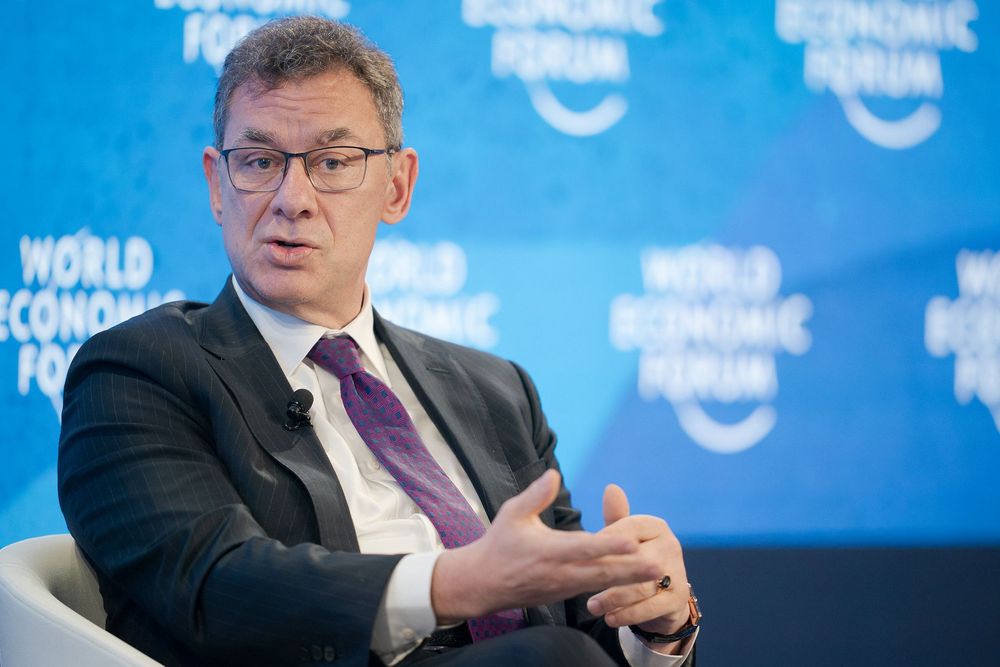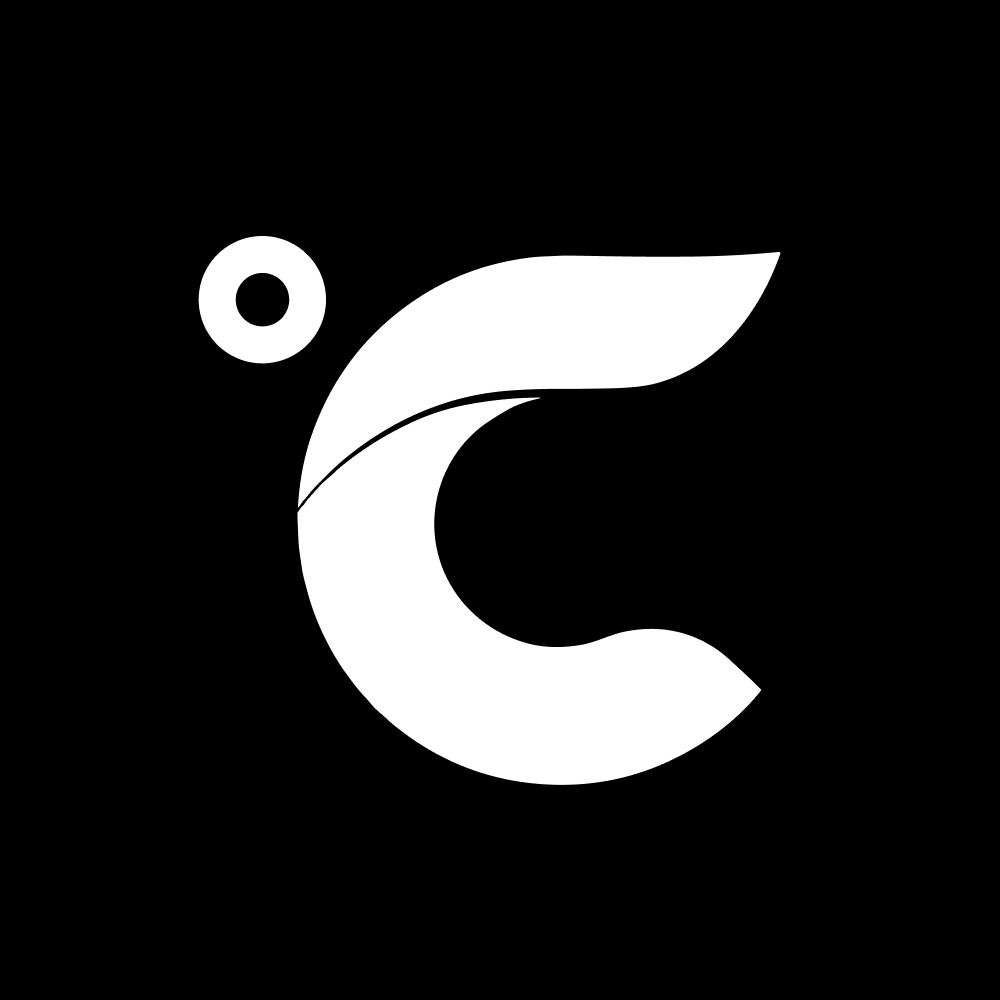Advertisement|Remove ads.
How Trump’s 100% Tariff Threat Forced Pfizer’s Hand — Inside The High-Stakes Talks That Changed Big Pharma’s Course

Pfizer reportedly reached a last-minute agreement with the White House to cut U.S. drug prices and avoid sweeping new pharmaceutical tariffs after weeks of tense negotiations that officials described as one of the Trump administration’s most hard-fought policy breakthroughs.
The talks between Pfizer and the administration had apparently been deadlocked for months before President Donald Trump’s surprise Sept. 25 Truth Social post announcing a 100% tariff on branded and patented drugs effectively forced a resolution, Bloomberg reported, citing senior officials from the White House and the Centers for Medicare and Medicaid Services.
The post shocked global markets but was deliberately timed to accelerate progress after repeated stalemates with drug executives, the officials reportedly said.
Negotiations began in May, when the White House and the Department of Health and Human Services first met with major drugmakers, including Pfizer, Eli Lilly and Novo Nordisk, to discuss reducing prescription prices. The first meetings were apparently intense, with companies opposing Trump's proposal to tie U.S. drug prices to cheaper rates in other countries.
By late July, frustration inside the White House had mounted. On July 31, Trump wrote to 17 drugmakers, ordering them to voluntarily reduce their prices and ensure that new drugs entering the U.S. market are sold at prices comparable to those in other countries. He gave the companies until Sept. 29 to respond. Pfizer Chief Executive Albert Bourla got a customized letter from Trump, who at one point crossed out “Dr. Bourla” and wrote “Albert.”
Despite the outreach, talks remained stalled through much of August. Senior officials stated that Pfizer remained reluctant to agree to several key provisions and expressed concerns about the feasibility of aligning global prices. Tensions eased only after Chris Klomp, Director of Medicare and Deputy Administrator of CMS, helped rebuild trust between the administration and Pfizer’s leadership.
A turning point came in mid-September, when Bourla met administration officials at the Hubert H. Humphrey Building in Washington. After internal deliberations, Bourla returned prepared to finalize terms, concluding that striking a deal with the president was the only path forward, according to officials familiar with the meeting.
Negotiations continued through the night of Sept. 24 as the two sides worked to finalize definitions and compliance mechanisms. Then, on Sept. 25, Trump took to Truth Social, writing: “Starting October 1st, 2025, we will be imposing a 100% tariff on any branded or patented Pharmaceutical Product, unless a Company IS BUILDING their Pharmaceutical Manufacturing Plant in America.”
The post, officials said, immediately broke the impasse. Within days, the agreement was completed and signed on Sept. 30 in the Oval Office by Bourla and Health and Human Services Secretary Robert F. Kennedy Jr.
Additional negotiations with other drug companies are ongoing, with several deals expected to follow in the coming weeks.
On Stocktwits, retail sentiment for Pfizer was ‘extremely bullish’ amid ‘extremely high’ message volume.
Pfizer’s stock has risen 8% so far in 2025.
For updates and corrections, email newsroom[at]stocktwits[dot]com.













/filters:format(webp)https://news.stocktwits-cdn.com/large_nio_jpg_4ad189441e.webp)
/filters:format(webp)https://news.stocktwits-cdn.com/IMG_8805_JPG_6768aaedc3.webp)
/filters:format(webp)https://news.stocktwits-cdn.com/large_Getty_Images_2259503553_jpg_13fb8f2e88.webp)
/filters:format(webp)https://st-everywhere-cms-prod.s3.us-east-1.amazonaws.com/IMG_9209_1_d9c1acde92.jpeg)
/filters:format(webp)https://st-everywhere-cms-prod.s3.us-east-1.amazonaws.com/large_trader_stock_chart_resized_861d098b1f.jpg)
/filters:format(webp)https://news.stocktwits-cdn.com/IMG_4530_jpeg_a09abb56e6.webp)
/filters:format(webp)https://st-everywhere-cms-prod.s3.us-east-1.amazonaws.com/large_US_stocks_3e2253bcca.jpg)
/filters:format(webp)https://news.stocktwits-cdn.com/Revised_Profile_JPG_0e0afdf5e2.webp)
/filters:format(webp)https://news.stocktwits-cdn.com/large_Getty_Images_122032465_jpg_9592f3bcfd.webp)
/filters:format(webp)https://st-everywhere-cms-prod.s3.us-east-1.amazonaws.com/large_Novavax_building_93bfe3bf8c.jpeg)